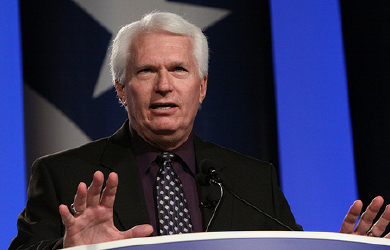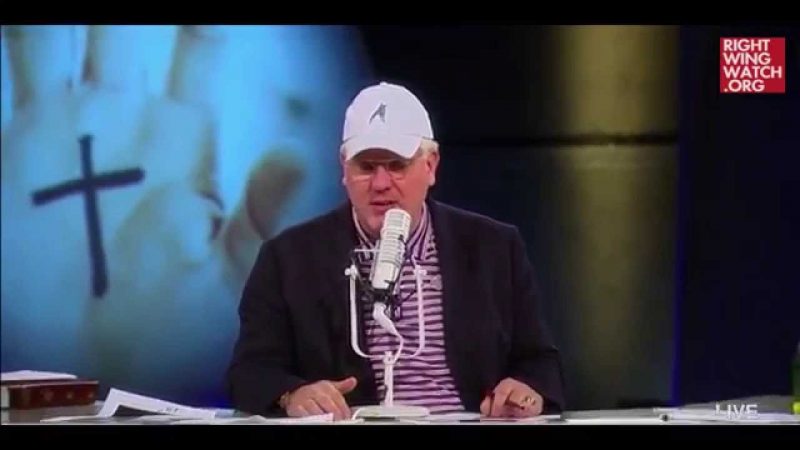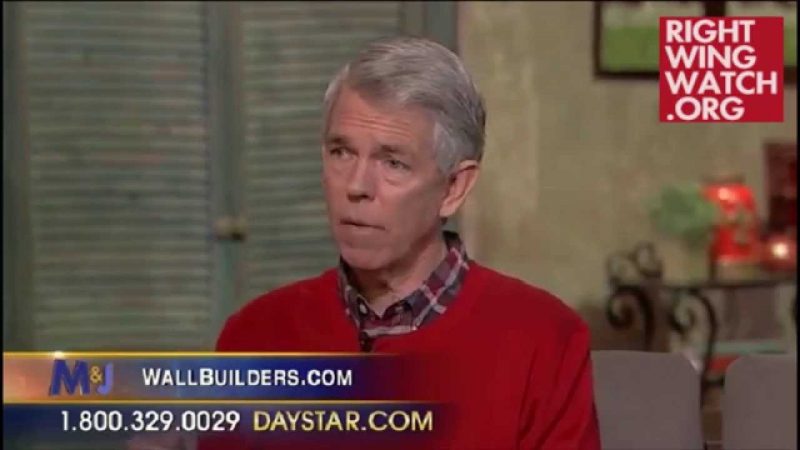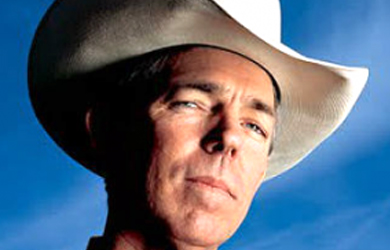James Dobson has decided to publicly weigh in on the reports that various right-wing leaders are considering abandoning the Republican Party should Rudy Giuliani win the presidential nomination with an op-ed in the New York Times:
After two hours of deliberation, we voted on a resolution that can be summarized as follows: If neither of the two major political parties nominates an individual who pledges himself or herself to the sanctity of human life, we will join others in voting for a minor-party candidate. Those agreeing with the proposition were invited to stand. The result was almost unanimous.
Dobson goes on to explain that they are not willing to compromise their anti-choice, anti-gay principles in order to ensure electoral success for the Republican Party and that “winning the presidential election is vitally important, but not at the expense of what we hold most dear.”
But the main reason Dobson penned this op-ed was to dampen reports that the Right is in disarray leading into the 2008 election:
One other clarification is germane, even though unrelated to the meeting in Salt Lake City. The secular news media has been reporting in recent months that the conservative Christian movement is hopelessly fractured and internally antagonistic. The Los Angeles Times reported on Monday, for example, that supporters of traditional family values are rapidly “splintering.” That is not true. The near unanimity in Salt Lake City is evidence of much greater harmony than supposed. Admittedly, differences of opinion exist among us about our choices for president.
That divergence is entirely reasonable, now just over a year before the national election. It is hardly indicative of a “splintering” of old alliances. If the major political parties decide to abandon conservative principles, the cohesion of pro-family advocates will be all too apparent in 2008.
It is true that many – but not all – “supporters of traditional family values,” as Dobson refers to his right-wing allies, are of the same mind when it comes to opposition to a Giuliani nomination, but beyond that, they are all over the place.
For instance, months ago Rick Scarborough was blasting the frontrunner and saying that the Right “should be ready to go outside the Republican Party “ if they didn’t get a candidate committed to their agenda – but now is saying that they might just have to “hold their noses” and vote for the GOP nominee for the sake of judges.
And then you have Janet Folger unilaterally declaring that Mike Huckabee is the Right’s candidate of choice, while David Barton is out stumping around Iowa with Sam Brownback and other right-wing figures like Jay Sekulow and Lou Sheldon are throwing in with Mitt Romney.
All the while, Gary Bauer, who backed John McCain in 2000, is suggesting that Fred Thompson might be the Right’s great electoral hope but appearing more concerned about the possibility that any sort of third party will only hurt their own political agenda.
Most importantly, you have a rather high-profile tiff going on between Dobson himself and Thompson acolyte Richard Land, with Dobson writing off the candidate entirely while Land has been doing everything in his power to convince his allies that Thompson is really a “Southern-fried Reagan.”
Near unanimity in opposition to Giuliani is not that same thing as near unanimity in favor of a specific candidate. Whereas the latter generates excitement among leaders and activists that could translate into voter mobilization and ultimately electoral and political influence, the former generates primarily discord, confusion, and anxiety that decisions made by Religious Right leaders could result in precipitous loss of political power. Look for a lot of conversation along these lines and resulting tensions at the upcoming Values Voter Summit, which is honoring Dobson this year. And don’t expect any of the current rhetoric to necessarily dictate the political calculations these leaders make once the presidential primaries are over.








